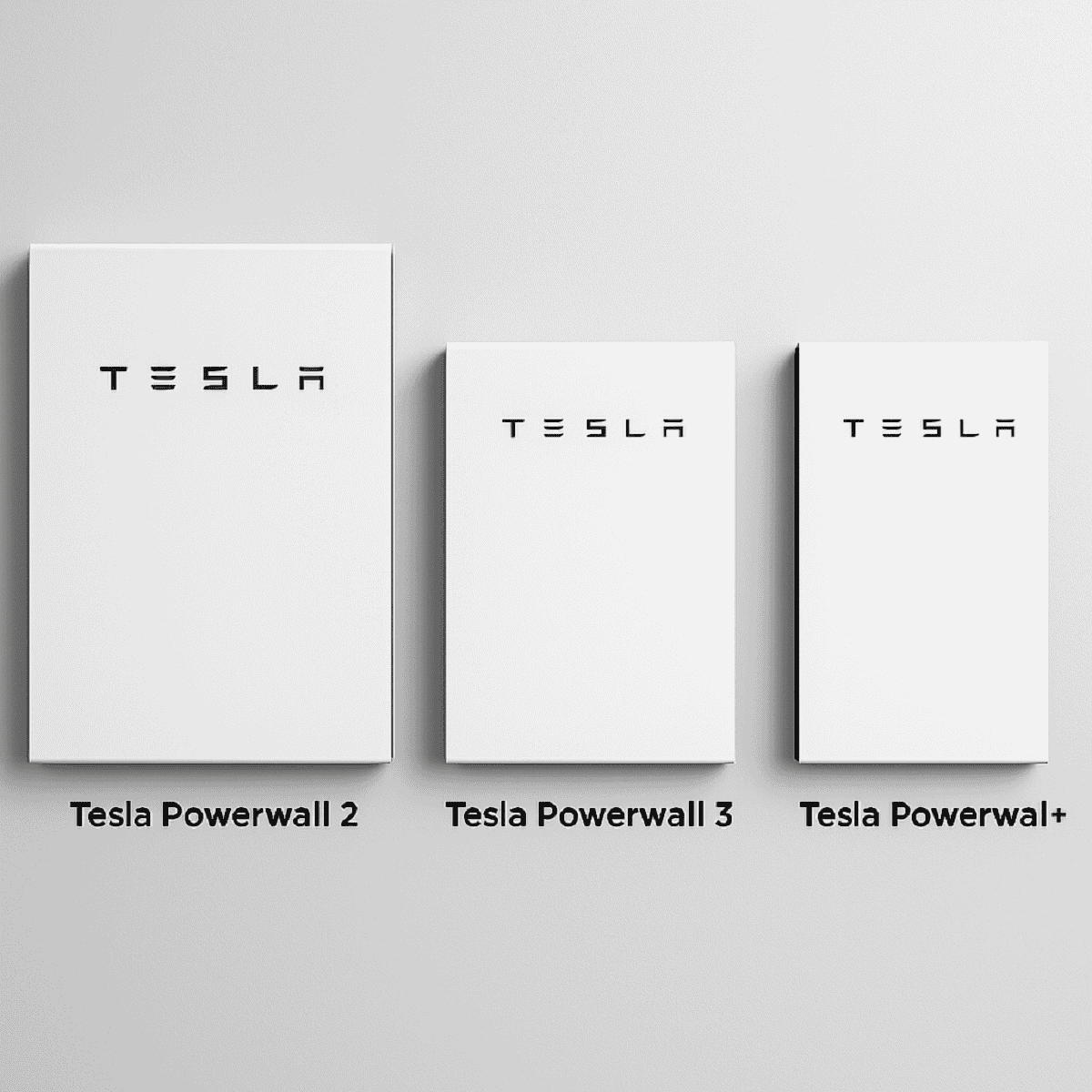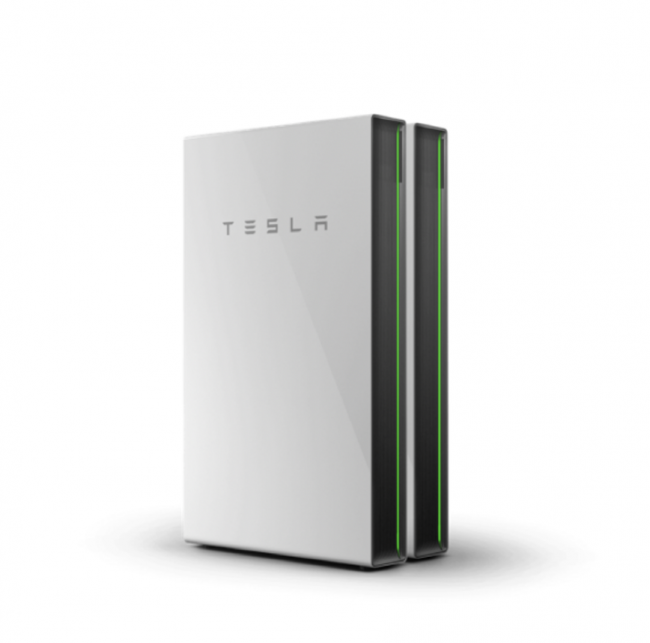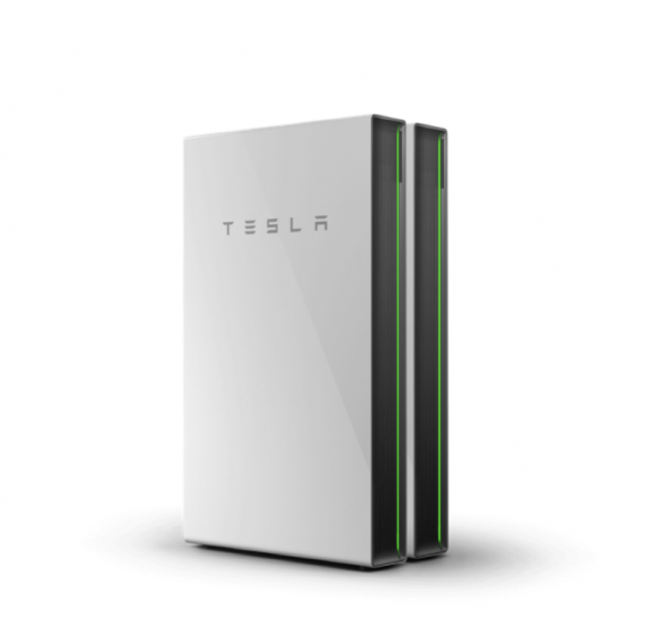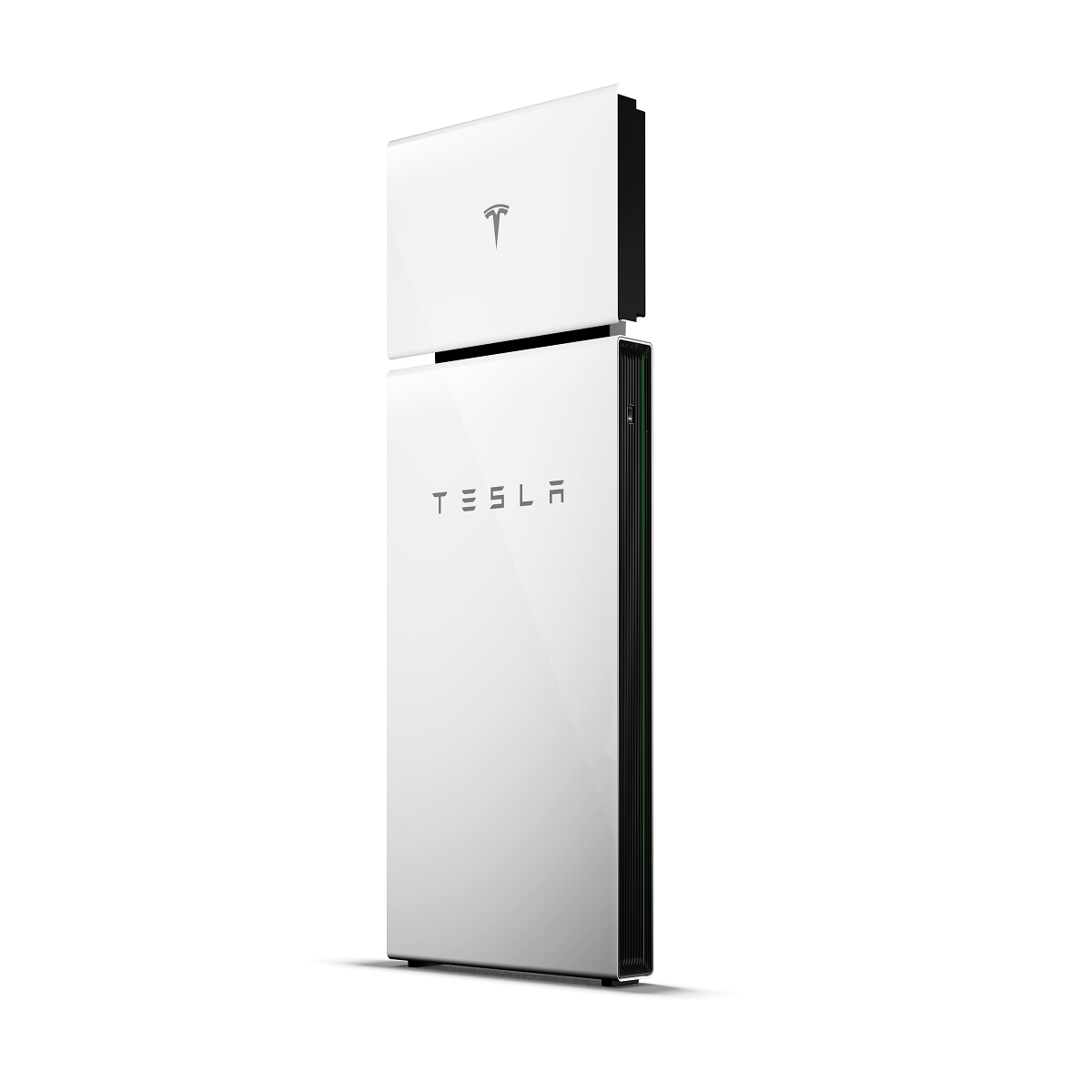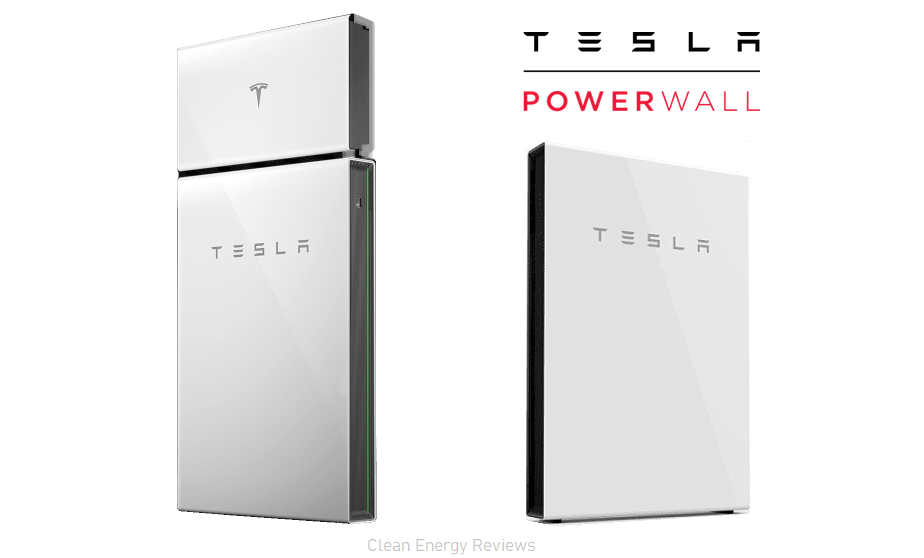Description
Tesla Powerwall Mini: Powering Your Small Life, Big Savings?
For years, Tesla’s Powerwall has been synonymous with home energy storage, promising a backup power solution and a way to maximize solar energy savings. But the question on many minds has been: what about smaller homes, apartments, or those with modest energy needs? Is there a “Powerwall Mini” on the horizon to address this market?
While Tesla hasn’t officially announced a product called “Powerwall Mini,” the demand for a smaller, more affordable energy storage solution is undeniable. Let’s explore what a potential Powerwall Mini might look like, its potential benefits, and what alternatives exist in the current market.
What Would a Powerwall Mini Entail?
Imagine a Powerwall, but scaled down. A Powerwall Mini would likely feature:
- Reduced Capacity: The current Powerwall boasts a usable capacity of 13.5 kWh. A “Mini” version could offer something in the range of 5-7 kWh, sufficient for powering essential appliances during outages or supplementing solar power usage during peak demand.
- Smaller Footprint: A more compact design would make it suitable for apartments, condos, or homes with limited space. This could involve a slimmer profile or a different physical configuration altogether.
- Lower Price Point: The most significant benefit would be a more affordable price. The initial investment in a full-sized Powerwall can be a barrier for many. A smaller capacity and simplified design could bring the upfront cost down considerably.
- Ease of Installation: Simplified installation procedures could make it more accessible to a wider range of homeowners and even renters (where regulations allow).
Potential Benefits of a Powerwall Mini:
- Backup Power for Essentials: Even a smaller battery capacity can keep vital appliances like refrigerators, lights, and internet routers running during power outages.
- Increased Solar Self-Consumption: Maximizing the use of solar energy generated on your property can reduce reliance on the grid and lower electricity bills.
- Time-of-Use Savings: Charge the battery during off-peak hours when electricity is cheaper, and use that stored energy during peak hours when rates are higher.
- Reduced Carbon Footprint: By relying more on renewable energy and less on fossil fuel-powered electricity grids, you can contribute to a greener environment.
- Increased Property Value: Energy-efficient homes are becoming increasingly desirable, and a battery storage system can be a selling point.
Current Alternatives and Considerations:
While a dedicated “Powerwall Mini” remains hypothetical, several alternatives and considerations exist for those looking for smaller-scale energy storage solutions:
- Smaller Capacity Batteries: Some manufacturers offer batteries with capacities smaller than the Powerwall. Research options from companies like Enphase, Generac, and LG Chem to find a battery size that fits your needs.
- Modular Systems: Some battery systems are modular, allowing you to add more battery capacity as your needs grow. This provides flexibility and avoids overspending upfront.
- AC Coupled Systems: These systems can be easily retrofitted to existing solar installations and often offer flexible sizing options.
- Power Stations: Portable power stations, while not designed for whole-home backup, can provide temporary power for essential devices and appliances.
- Assessing Your Energy Needs: Before investing in any battery storage system, it’s crucial to accurately assess your energy consumption and determine the appropriate capacity for your specific situation. Consider factors like your average daily energy usage, peak demand, and the appliances you want to power during outages.
The Future of Home Energy Storage:
The demand for more affordable and flexible home energy storage solutions is growing rapidly. While we await a potential “Powerwall Mini,” the increasing competition and innovation in the market are driving down prices and improving the accessibility of battery storage technology. As the grid evolves and renewable energy becomes more prevalent, smaller, more efficient energy storage solutions will undoubtedly play a crucial role in powering our homes and communities in the future.
In conclusion, while a Tesla Powerwall Mini is currently not a product offered, the concept highlights a significant need in the market. Exploring existing alternatives and carefully assessing your power needs are crucial steps to take while waiting for further developments in smaller, more budget-friendly home energy storage solutions.

